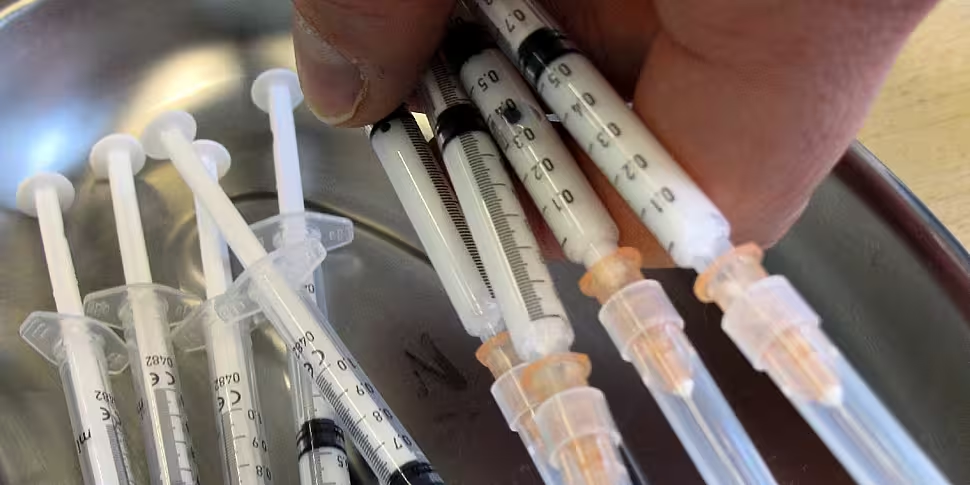The rollout of any coronavirus vaccine will not be like what 'happens in the movies', a WHO spokesperson has said.
However, they've welcomed the results of one major vaccine trial as a "very encouraging signal" - and noted it's just one of dozens of vaccine candidates at various stages of testing.
Earlier today, US pharmaceutical giant Pfizer and German firm BioNTech announced the first interim results from their large-scale trials - saying its vaccine candidate is more than 90% effective.
The result is a far higher efficacy rate than many experts had hoped for, and the results - while still provisional - have been welcomed by many leading scientists and world leaders.
WHO spokesperson Dr Margaret Harris told The Hard Shoulder the Pfizer vaccine candidate is one of ten in the key phase three clinical trials.
She said: "We really want to see a vaccine with a good, broad safety and effectiveness profile in order to help us bring cases of COVID down. But it's not the only thing we'll need.
"We'll still need to continue using public health tools and measures to ensure we get this virus really, really suppressed."
Dr Harris said that experts would like to see more than one effective vaccine, and that the good news is 47 candidates are now in various stages of development or testing.
She noted: "To get all the vaccines out that you need - to all seven billion people on this planet - we're going to have to roll them out in different stages.
"It's not just like 'oh we've got a vaccine, it's all good'. That happens in the movies. In real life, we still have to keep on keeping on to make the most of the new tools."
However, Dr Harris sounded a note of caution about how quickly we'll be able to return to normal life - as many of the ways humans traditionally crowd together are situations that allow the virus to spread.
She observed: "We will need to look at different ways of living - we also need to look at strengthening our public health systems, and how we support our hospitals and healthcare staff."
Potential 'game-changer'
Paul Moynagh, Professor of Immunology at Maynooth University, told The Hard Shoulder that the findings of the study are "certainly cause for optimism".
He explained that we've only seen the 'headline data' so far, but if it turns out to be true than a vaccine with 90% efficacy would be a game-changer.
Professor Moynagh said the optimism comes with a caveat, as many questions remain - including around the type of protection offered by the two-dose vaccine, and how long the protection would last for.
In terms of rollout, he observed: "You'd certainly be giving it to the population that's most vulnerable - older people, those with underlying conditions... healthcare workers. They're the ones that would get direct protection, and then roll it out [wider].
"The last group to get it probably would be children... as far as I know children aren't involved in these vaccine trials, and also we know from COVID-19 they're the least vulnerable at least in terms of progressing to severe illness.
"They're looking to try to get [the vaccine] approved in the coming weeks - you could be looking at it in a very short time frame."
Professor Moynagh also noted that the particular approach to the vaccine - which uses the RNA (genetic material) of the virus - has never been used in humans before.
One other vaccine in advanced trials - from the company Moderna - is using a similar approach, so Professor Moynagh said the findings of the Pfizer trial might give comfort and hope that would also work.
He also pointed out that the Pfizer vaccine requires two doses to be effective.









